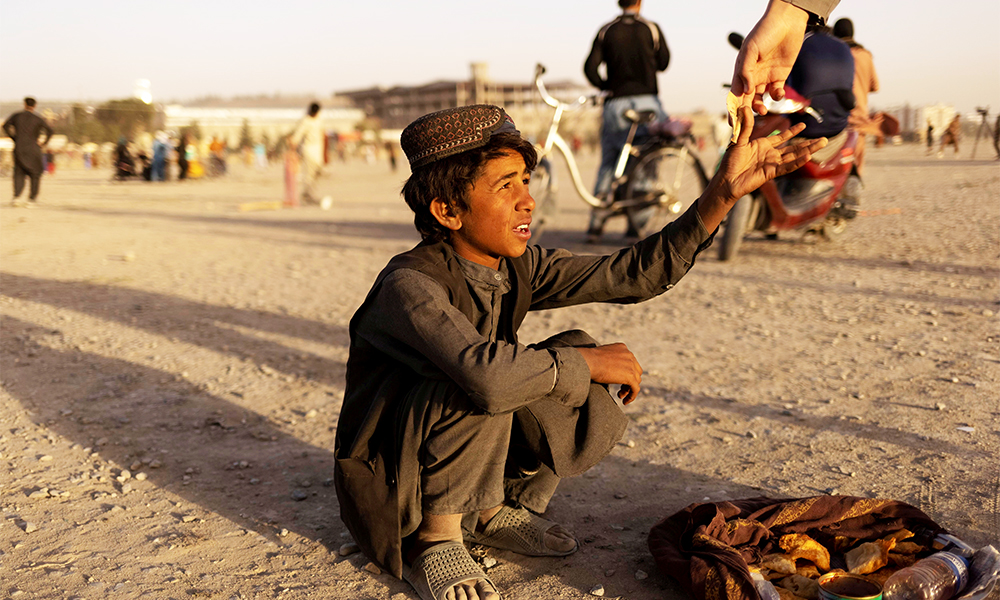
The UN’s Food and Agriculture Organization (FAO) welcomed an unprecedented $150 million contribution from the World Bank to provide critical livelihood and life-saving assistance to the most vulnerable rural populations in Afghanistan.
High levels of acute food insecurity persist across Afghanistan due to a combination of a collapsing economy and continuing drought, the FAO reported.
The ripple effects from the war in Ukraine are exacerbating the food security situation, pushing food prices to new highs, increasing the costs of vital agricultural inputs, especially fertilizer, and placing pressure on countries in the region supplying wheat to Afghanistan to restrict food exports, giving priority to their respective domestic consumption.
The new Afghanistan Emergency Food Security Project will boost the production of food crops for smallholder Afghan farmers and prevent the further deterioration of food security, the FAO stated.
This is the first tranch of a total amount of $195 million, another $45 million will be released within the next 24 months.
“We are grateful to the World Bank and its Members for the generous and timely contribution”, said FAO Director-General QU Dongyu .
“It is a historic moment for poor farmers in Afghanistan, and it represents an important milestone in our collective efforts to deliver results at scale, avert a looming catastrophe and make real transformative differences in the lives of vulnerable people”.
FAO will be the sole implementing partner for the funding and will focus on wheat production, supporting about 2.1 million people, and will provide focussed support on the nutritional needs of children, people with disabilities or chronic illness, and households headed by women by providing seeds and basic tools for backyard kitchen gardening and technical training on improved nutrition and climate-smart production practices.
Almost 1 million people will benefit from this support and these inputs, particularly targeting rural women.
FAO stated that 150,000 women will receive training on improved cultivation techniques and nutrition.
The project will also increase access to irrigation water, and improve soil and water conservation.
Under this component, more than 1.9 million people will benefit from cash for work activities for the restoration of irrigation infrastructure and watershed management.
The FAO food security project is one of the three projects totalling $793 million approved by the World Bank to provide urgent and essential livelihood and health services, in addition to food assistance, to the people of Afghanistan.
